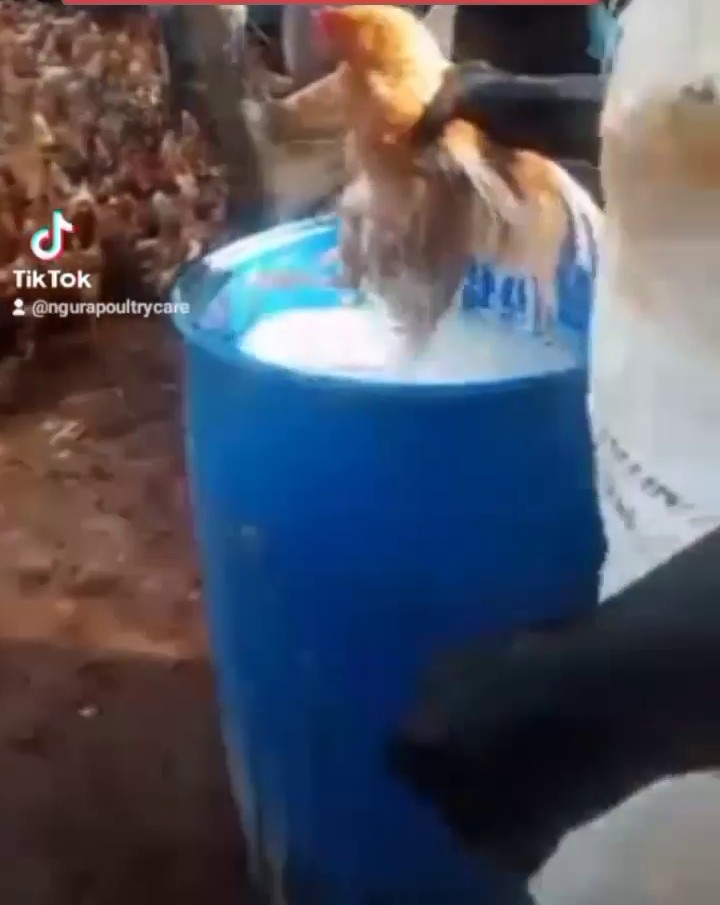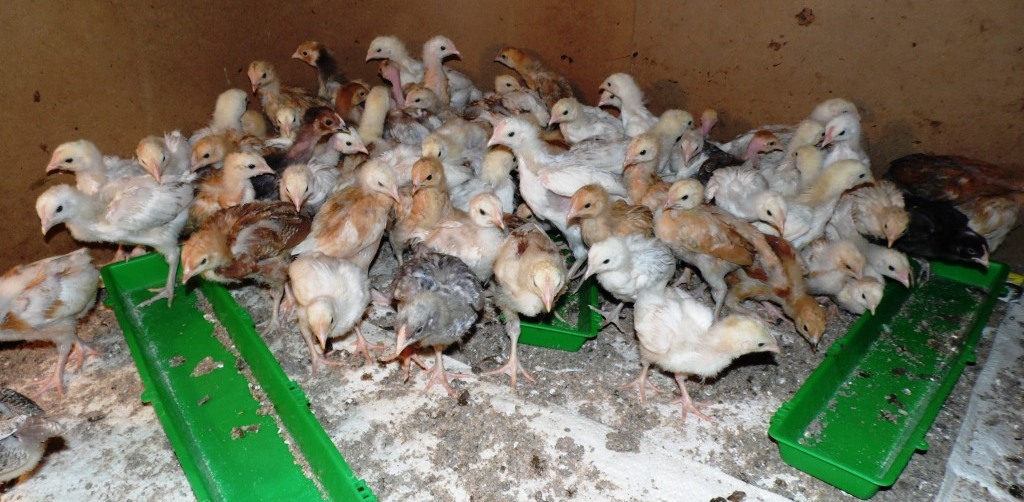
By George Munene
Kisumu County has signed a Sh30 billion deal with UK investment firm United Green to revitalise agriculture in the lake region.
The project will focus on growing high-value crops for the export market to generate foreign exchange as well as servicing local consumers.
It will also add value to locally grown crops such 100,000 tons of locally produced rice; 100,000 bales of cotton to supply Kenya’s textile industry; edible oils such as sunflower, soybean, and cottonseed, and soybean by-products to support the livestock sector.
According to Kisumu governor Anyang Nyongo, the project will reduce Kenya’s dependence on agriculture imports by approximately Sh24 billion annually, reducing the country’s trade deficit.
Related News: Kisumu teacher builds model mixed farm with little savings
Related News: Kisumu farmer triples income through Okra value addition for export
This will be achieved by delivery of agrifintech services to rural communities, employing high productivity climate-smart farming and state-of-the-art agroindustry facilities, and opening up new offshore markets for farmers in the Lake Victoria basin region over the next five years.
This investment will accelerate agriculture growth in the county and revive its waning cotton, fish, and dairy sub-sectors.
“Our farmers may be poor in assets but are not poor in intention and capability. What farmers really want is good farmgate prices for their produce,” the governor noted.
The project he added comes at an opportune time as he seeks to revitalise the lake region’s agriculture sector over the next five years.
Related News: Kisumu’s Kilimani upmarket offers cassava farmer better prices for value-added products
“My manifesto commits to putting more land under agriculture production in Nyando, Nyakach, Muhoroni, Kisumu East, Seme, and Kisumu East sub-counties,”
The county boss assured farmers that plans are underway to revamp rice production as well as invest in horticulture and floriculture in Nyamthoe, Mbohavale, and Kano plains.
Write comment (0 Comments)
















